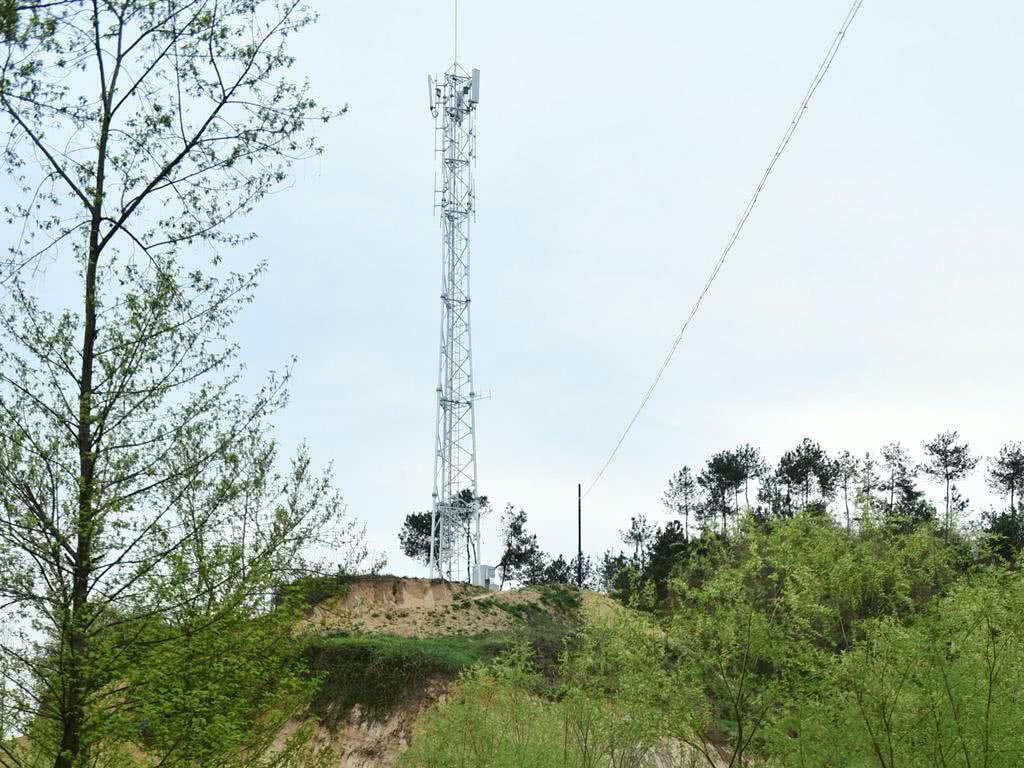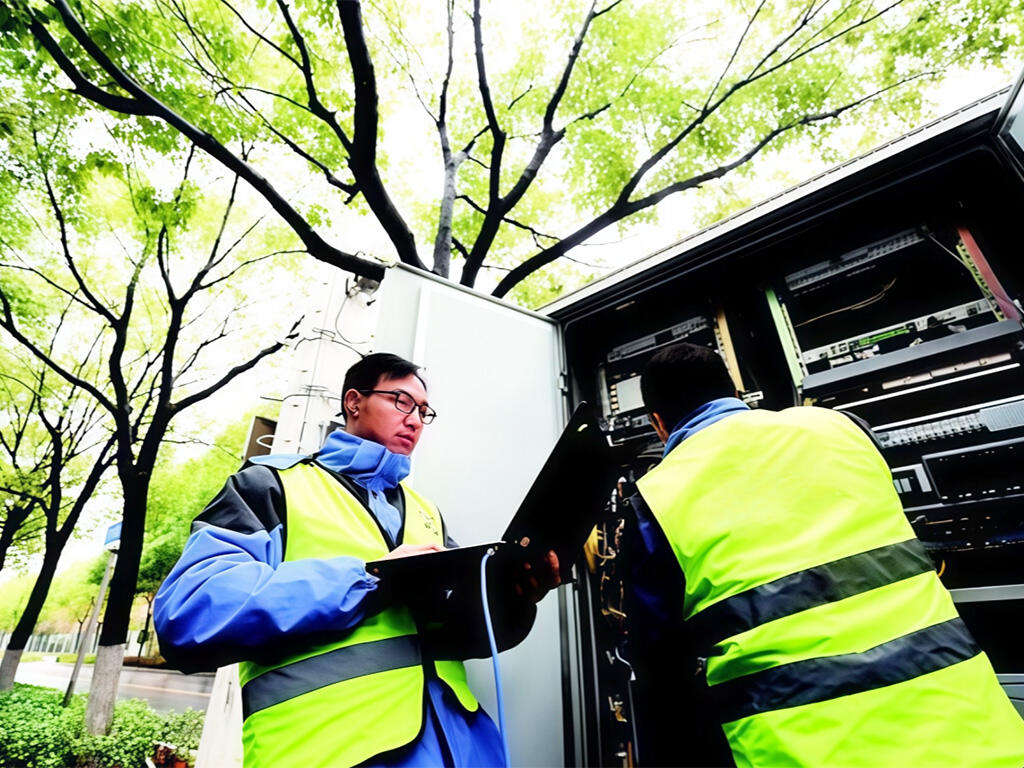With the increasing need for 5G services around the world, the quality of RF cables used in the construction of base stations is more critical than ever. In this piece, we delve into the types of RF cables suitable for 5G base stations, explaining each of its features and benefits.
What Are RF Cables?
RF cables play an important part in telecommunication systems because they allow for the transmission of signals between components. For 5G technologies, the right RF cable selection is essential as it greatly affects the performance of the base station. RF cables ensure the signals remain as strong and clear as can be, and help the systems manage signal interference. For base stations, the right RF cable is vital.
5G RF Cables
For the construction of 5G base stations, different types of RF cables can be used. Coaxial cables are common due to their effectiveness in shielding signals and having low attenuation. Also gaining popularity are fiber optic cables because of their low attenuation and the distance over which they can transmit data. Each cable type presents its own advantages and the selection is largely based on the needs of the base station.
Essential Aspects To Pay Attention To
When picking RF cables for 5G base stations, a few elements matter, such as the frequency range, attenuation, and durability. The frequency range must match the 5G network’s operational frequencies, whereas low attenuation preserves signal strength. In addition, durability is important since base stations endure harsh environmental conditions.
Setup and Upkeep
For peak efficiency, RF cables must be properly set up and maintained. Strict installation guidelines must be followed to avoid issues such as signal and cable interference. Routine maintenance is important to resolve issues before they become more serious, ensuring the base station is dependable and maintaining its performance over time.
Current Market Developments and Future Projections
With the advancing 5G technology, RF cables are bound to increase. It is likely that advances in material and cable manufacturing will lead to better innovative cable solutions. In addition, there is a need for small RF cables to accommodate the increasing trend of small cell deployments in urban areas. Companies in the telecommunications industry will have to adapt quicker to these trends.
In final thoughts, picking the appropriate RF cables for the 5G base stations is an operational choice that directly impacts the network’s performance. Knowing the different cables available with network operators in mind will help enhance the 5G infrastructure.










